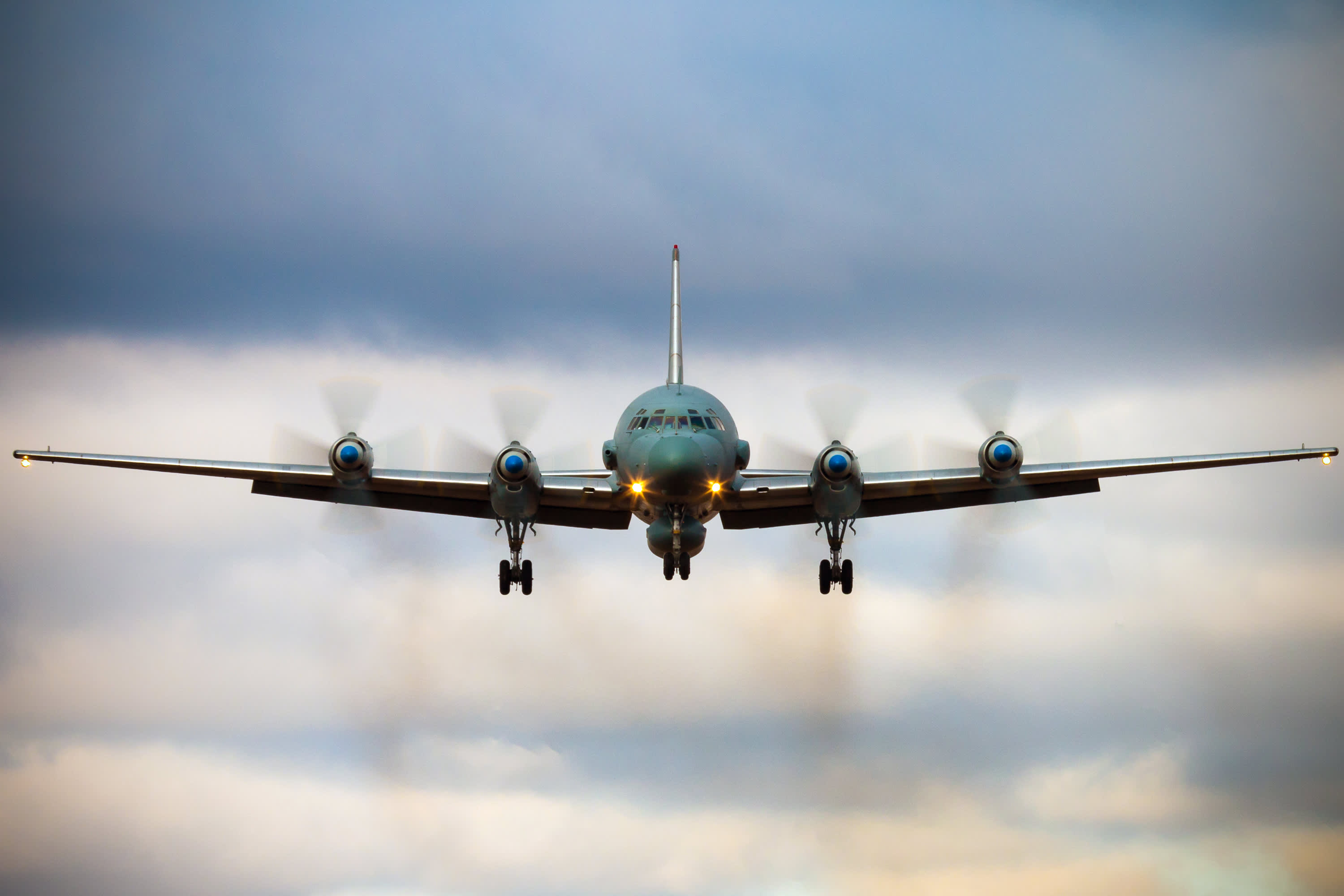
A undated photo obtained on September 18, 2018 shows a Russian IL-20M (Ilyushin 20m) aircraft landing at an unknown location.
Alexander Kopitar | AFP | Getty Images
A growing number of countries announced on Sunday they’re joining a string of nations in closing their airspace to Russian aircraft after Moscow began its invasion of Ukraine.
Officials for Canada, Sweden, Denmark, Belgium, France, Spain, the Netherlands, Italy, Austria and Iceland all announced the measures that would further isolate Russia. It follows similar restrictions from the U.K., Poland, Romania, Finland, Czech Republic, Bulgaria, Germany, Latvia, Lithuania and Estonia.
The moves by the nations put even more pressure on Russia, with countries banding together to impose wide-reaching sanctions on Russia and its elite. A ban means Russian aircraft can’t fly over or land in the nations that impose the rules, which often means lengthy and costly reroutes.
Danish Foreign Minister Jeppe Kofod said on Twitter his government is pushing for a European Union-wide ban of Russian flights at a meeting of the bloc’s ministers of foreign affairs. An EU official told Reuters that could be a part of fresh sanctions.
“We will hold Russia accountable for its unprovoked attacks against Ukraine,” Canada’s minister of transport Omar Alghabra said in a tweet.
Some airlines and delivery services had already been rerouting planes around the potential conflict zone in the days before Russia began its attack. United Parcel Service said Sunday it would temporarily suspend packages going into Russia. Hungary-based Wizz Air also said Sunday it would suspend all flights temporarily to and from Russia.
In response to the nations banding together, Russia has said it would ban flights from several nations that introduced their own measures. Russia’s S7 airline is also suspending many of its flights to European countries until mid-March.




